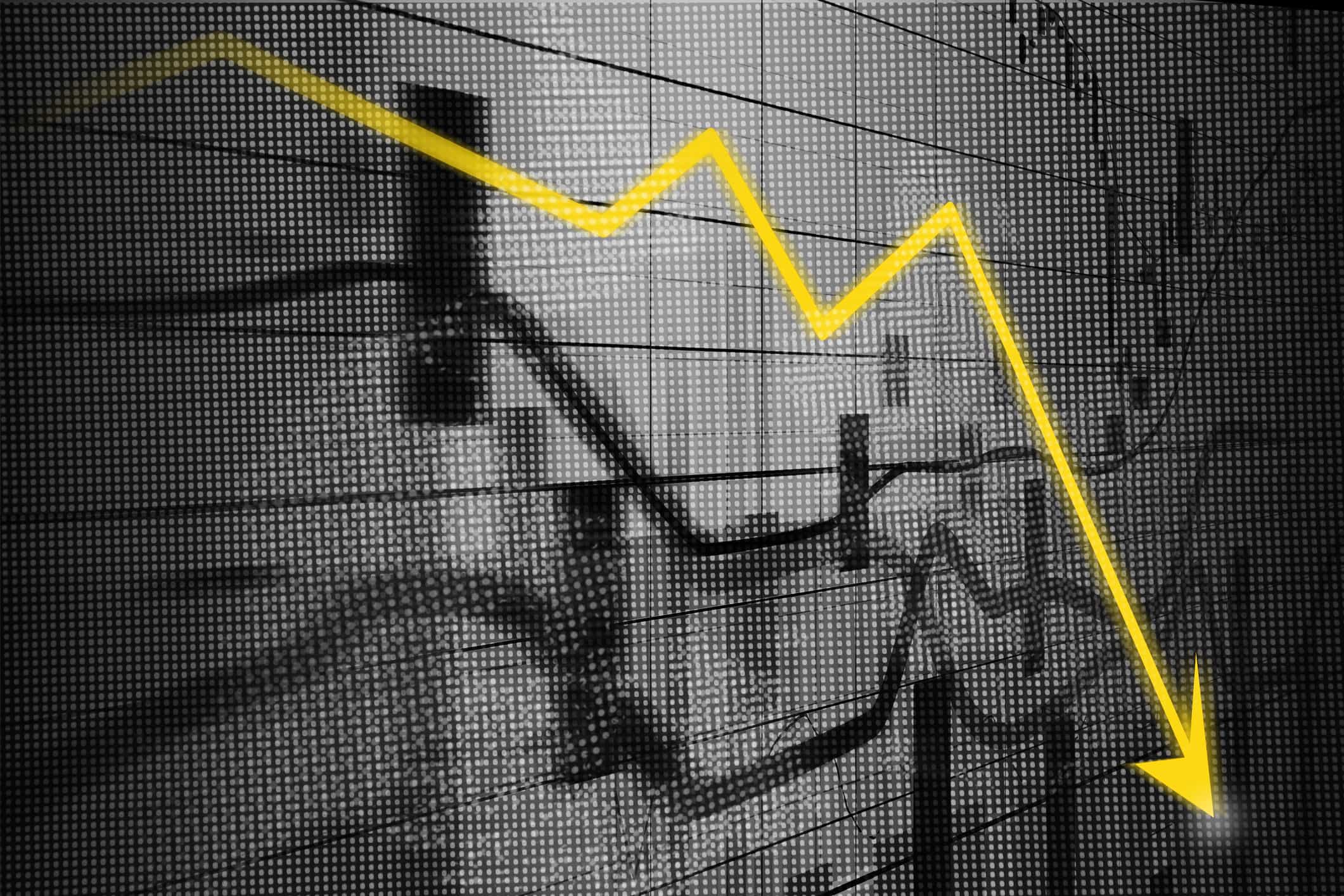It's so obvious, why aren't they mentioning it?
When I first wrote about the next recession in summer 2016, some folks wondered if I was being alarmist. As the end of 2017 closes in, some folks are wondering when the next recession will hit.
I’ve previously predicted a Trump Recession in 2018 — although I’ve been quite clear it won’t necessarily be his fault.
Just last week, The Atlantic magazine wrote its own recession analysis. I respect The Atlantic because, in this hyper-partisan era, it can both support President Trump and criticize him, depending on the issues instead of on personalities. Sometimes, it sets up opposing viewpoints on the same issues, as in Give Trump Credit for His Afghanistan Plan and Trump Backs a Surge Into Afghanistan He’s Unfit to Lead.
Thankfully, recessions are seldom one person’s fault. While presidents get saddled with the moniker — as in the Carter Recession or the Bush Recession — the fact is, recessions are complicated. While presidents (and don’t forget Congress) can do much to staunch the bleeding or cause even more bloodletting, they can’t often prevent recessions.
That leads us back to The Atlantic analysis from last week. The headline leaves no doubt where the magazine is coming from: “The U.S. Isn’t Prepared for the Next Recession.” A smaller headline reads: “When it comes — and it will, eventually — it’ll be worse than necessary.”
The premise is simple, and I agree with it: The last recession did so much damage, we might not be fully recovered by the time the next one strikes. Among the big reasons The Atlantic cites…
- “Wealth and income continue to accumulate at the very top of the scale.”
- a third of Americans “could not cover three months of expenses, even if they sold assets, dipped into retirement accounts, and asked friends and family for help.”
- “The country’s debt burden as a share of the overall economic output” has skyrocketed from 63 to 104 percent.
- “Interest rates remain near scratch,” which means the Fed can’t cut them to spur growth.
Weirdly, personal debt gets only a glancing mention, and then the news is brighter than I see it myself.
The amount of debt that households owe “is falling,” The Atlantic says, but if you click that link to a Federal Reserve report from September and scroll to page 22, you’ll see overall household debt has dropped by a maximum of 4 percent between 2013 and 2016.
However, almost all that progress was made because incomes have increased. In other words, Americans are still spending more than they earn, but they’re making enough to paper over the problem.
After more than two decades in this business, I see personal debt as psychological debt. With so many Americans in debt, we no longer feel shame at being buried under ourselves. When everyone is doing it, we get comfortable with the concept.
That means, as we pull out of each new recession, we’re less prepared for the next one. Eventually, a recession will explode into a depression, because the majority of hardworking Americans won’t have the basics or the savings to pull out of the tailspin.
Unless we change our mindset as much as our savings, I see no way to veer from this path. I’ve never before hoped I’m dead wrong about something.








